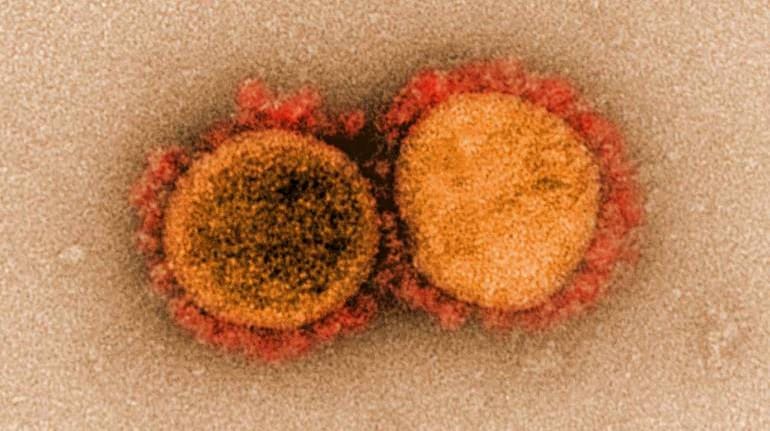



A total of 20 people who returned to India from the United Kingdom have tested positive for the new coronavirus variant so far, including the six reported earlier, the government said on December 30.
The samples of all passengers who tested positive after flying from the UK are being sent to laboratories for genome sequencing. Flights from the UK to India are currently banned till January 7.
Also read: New COVID-19 strain reaches India: Does it spread easily? Vaccines won't work? Here are all your questions answered"The situation is under careful watch and regular advice is being provided to the States for enhanced surveillance, containment, testing and dispatch of samples to the INSACOG labs," The Ministry of Health and Family Welfare
The health ministry on December 29 said six UK returnees have been found to be positive with the new UK variant genome.
There is no evidence to suggest that current vaccines will fail to protect against the SARS-CoV-2 mutants reported from the UK or South Africa, the government said.
The new SARS-CoV-2 variant could be as much as 70 percent more transmissible, British Prime Minister Boris Johnson said. However, it is not yet known if the mutation causes a more severe version of the disease.
Many countries, such as Denmark, the US, Netherlands, Australia, Italy, Sweden, France, Germany, Canada, and Japan have reported cases of the new coronavirus variant from the UK.
Discover the latest Business News, Sensex, and Nifty updates. Obtain Personal Finance insights, tax queries, and expert opinions on Moneycontrol or download the Moneycontrol App to stay updated!
Find the best of Al News in one place, specially curated for you every weekend.
Stay on top of the latest tech trends and biggest startup news.